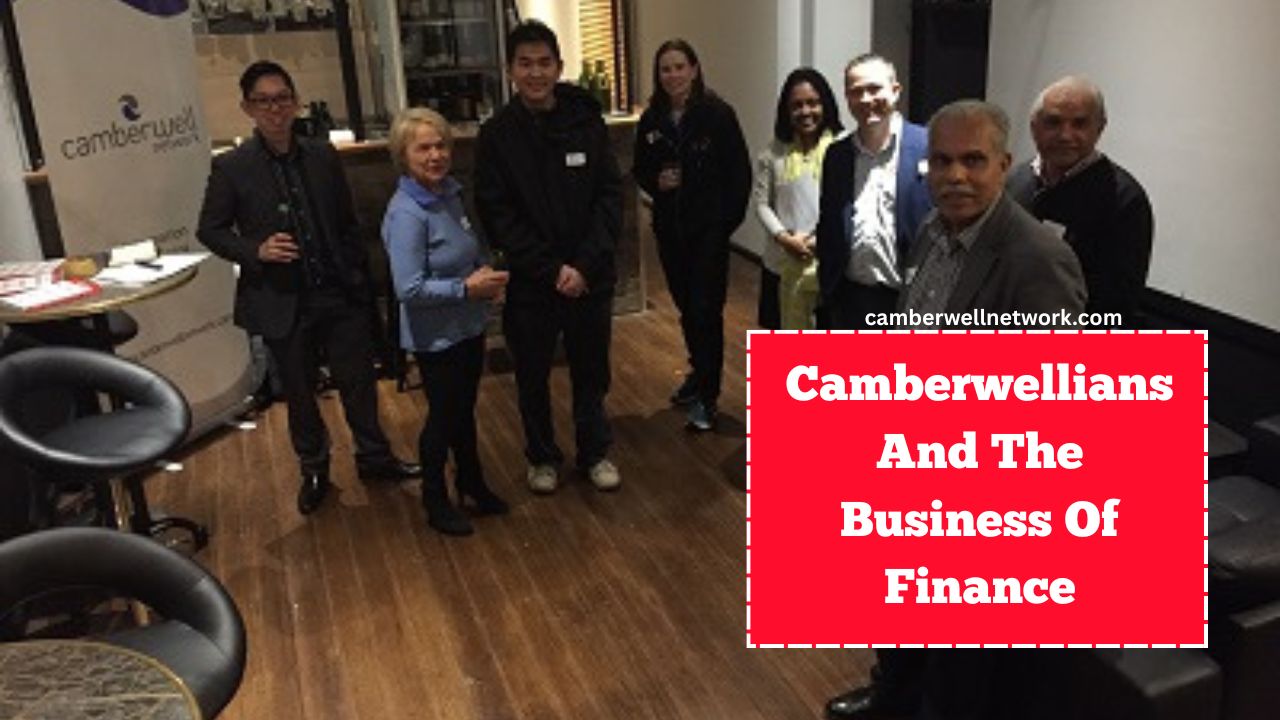On 18 July 2018, a variety of people who live, work and network in Camberwell (Camberwellians) gathered together to share their tips on The Business of Finance with others at Barolo Trattoria, Level 1, 885 Burke Road, Camberwell.
The discussion began with a short presentation from Murray Kha and Manu Fernando. Here are their tips (paraphrased from notes by Sue Ellson).
Murray Kha – Finance Broker with a Banking background
- Look at a person’s circumstances – an advisor is not emotionally attached and can provide a consultation and plan ahead in accordance with your current and future objectives. Buy or sell, can lose money on the transaction.
- Trust advisors that act in your interests with the best solutions for your circumstances – a friend doesn’t necessarily have your best interests in mind.
- Not buy without a plan – get preapproval for a loan so you know what you can spend and not over leverage or put yourself in financial stress
- What is your overall strategy? Engage professional brokers to make sure your loan is affordable
- Making money is harder than spending money.
Manu Fernando – Accountant
- As a small business owner, you must be able to cover your business and personal expenses. There is no point keeping shoe boxes of receipts – separate the business expenses from the personal expenses.
- Don’t forget to pay your bills on time – costs are incurred by not paying on time, need to plan ahead and allow if they are all due on the same date
- Negotiate with your suppliers – don’t just take the first contract offered – there are different options and customers can give a discount to help secure a steady income
- Be flexibile – what do you really need?
- What do you really have to invest as assets?
- Seasonal demand – consider leasing or outsourcing rather than purchasing – do you need to buy a high quality printer or use your money elsewhere?
- Consider the lifecycle of certain assets, your business needs and your options
- Understand variable costs – perhaps you could use a bookkeeper for some tasks and an accountant for other tasks at BAS time
- Streamline your receipt handling process – take photos and put the bill in a folder or use on of the ATO phone apps
- You may not need a permanent employee – consider a contractor rather than an employee
Melanie Scott – Service Dog Trainer
Avoid getting into debt – don’t spend what you don’t have. Expenses should only go down. Use a debit card so you don’t pay interest.
Ingrid Pich – Fitness Trainer and Health Coach for 40+
Was previously caught with a credit card – was important to clear it to reduce the cost of interest. Keep your outgoings as low as possible.
David Hockley – Crown Currency
Do your research. Be careful with foreign currency transactions, they often don’t tell you about the charges and fees until the transaction has been processed.
If you are going to multiple locations overseas, it can be a good idea to take multiple currencies (not just US dollars) to not lose ‘twice’ on a currency exchange
John Richard – Best Travel & Tours Management
So much competition in the travel industry – which also creates a lot of confusion. Need to plan a holiday and talk to someone about your options – a cheap airfare could involve three stops to a close destination.
These offers are often created as a loss leader so that you will call and then be upsold. You need to work with someone you trust.
Mogan Govindaraju – Interface Financial
47.8% of small business fails within the first three years. Don’t focus on profit, focus on cash flow.
Buy materials ahead of invoicing so that you can complete bigger projects with products sourced before payment. Minimum $10,000 and maximum of $1M.
Ray Usanto – Personal Assistant helping people with Technology and Assistant Accountant
Father is an accountant – please pay your bills on time, hate seeing overdue bills. When you buy something, spend the least you can – be smart – which company provides better service and price is reasonable?
Spend wisely. Buy property in good locations where it is likely to increase 2 to 3 times in value within a few years.
Sudheer Rana – IT consultancy and IT Support
Spend more and think how you can earn more, economies progress when people spend more
Aniket Nalawade – Business Development Manager IT Support
Purchase things where the price of what you have bought appreciates rather than depreciates. A car that is too expensive will simply depreciate.
Sue Ellson – Independent LinkedIn Specialist, Camberwell Network and Newcomers Network Founder, Author of three books
Don’t spend money until you absolutely must buy something (it is surprising how often you can make do without spending money). You will not save money by spending money (tip from my Dad – a discount of 20% still means that you spent 80%).
At the end of the day, increasing revenue is a key objective – making sure it comes from multiple sources is more likely to generate sustainability.
Register for the next Camberwell Networkers event on the Third Wednesday of the Month between 5:30pm and 7:00pm here.
